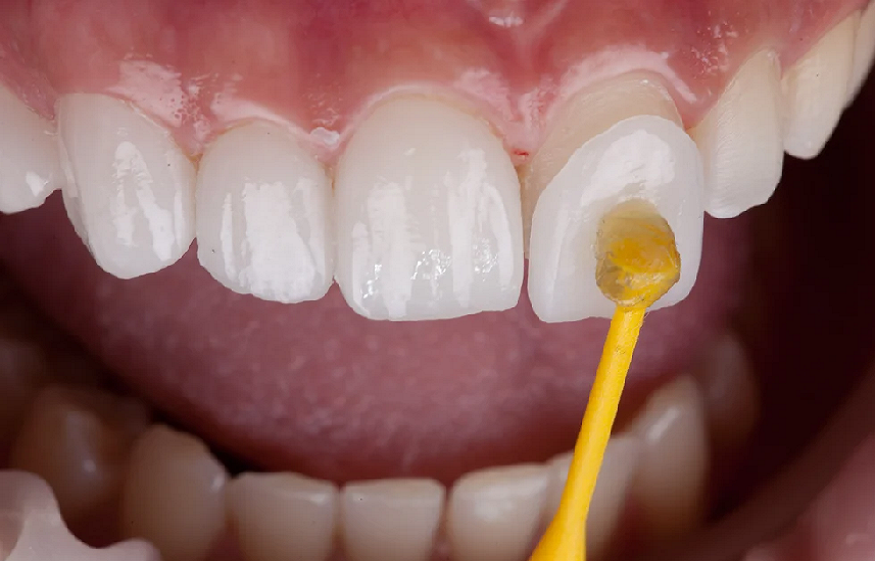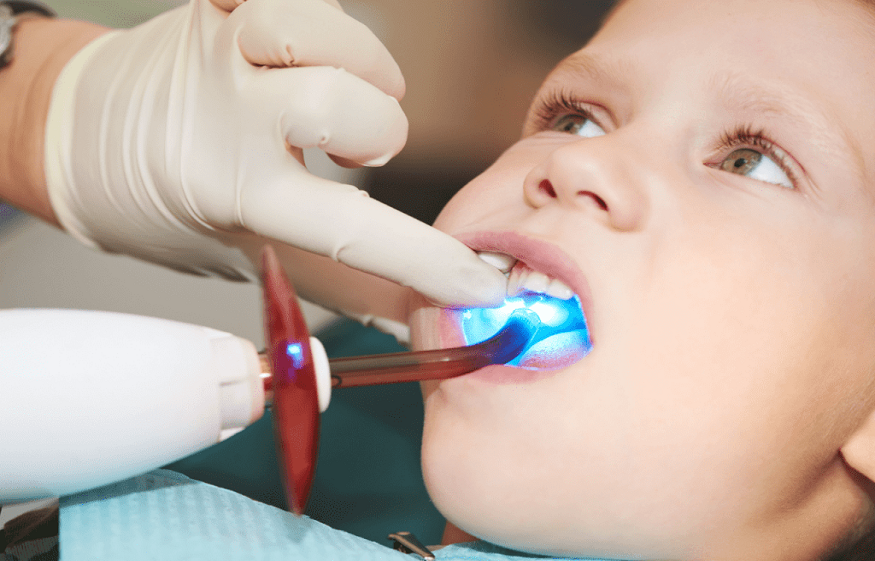Saliva testing is progressively receiving attention in the market as a novel diagnostic modality that could revolutionize the means of identifying the early signs of illness. For residents interested in Powell, TN dental services, saliva testing as a technique to diagnose oral health and systemic issues more effectively is being considered. This strategy of non-invasive approach has brought about enhancements in the health sector giving results that are beyond diagnostics.
Why Can Saliva Testing Be Helpful in Identification of the Disease at an Early Stage?
Saliva testing is an essential part of checking illnesses since biochemical changes in saliva would indicate the disease when it hasn’t formed physical signs. For instance, it can detect hormonal levels, inflammation, or evidence of disease that may denote diseases are developing. This means that early detection leads to early treatment because early treatment has been known to be very effective in improving health. Also, since saliva testing is quite simple and fast, then this should lead to increased health check-ups hence, improving on early diagnosis campaigns.
What Does Early Diagnosis Entail in Terms of Financial Consequences?
The long-term cost-savings of early detection through saliva testing are clearly on both a personal and societal level. Making early diagnosis translates to; it might also mean less expensive treatment or a longer period of treatment associated with the final stages of diseases. They argued that it reduces lost productivity because those in question can do things they would otherwise not be able to and lead full functional lives. In addition, early stages save costs needed in managing diseases as well as mobilizing healthcare facilities for managing and preventing diseases as opposed to coping with their manifestations.
How is research driving innovation in saliva testing?
Research studies are now conducted to improve saliva testing by increasing its reliability, speed, and uses. They are in the process of improving enhanced methods to diagnose unique patterns of biomarkers known to be linked to diseases like diabetes, heart diseases, as well as certain types of cancer. These innovations seek to improve the efficiency of the saliva diagnostic methodologies in relation to more conventional methods. Further, carried research seeks to incorporate saliva-based testing devices into wearable technology, enabling fixed health data monitoring while availing results to users.
What does the future hold for saliva testing to a certain extent?
The prognosis for the Saliva Test seems quite favorable; the possibility is opening a world of new healthcare practices globally. Saliva testing can be considered as having already promising potential because as research advances its effectiveness, it can be used for diagnosing different diseases. These are somewhat self-explanatory since the general features of this type of diagnostic are the simplicity of use and the possibility of getting the results quickly; thus, the applicability to healthcare services may result in their availability and, therefore, their price. Further, acceptance of the saliva testing is likely to create more of a preventative model of health with people going for a check-up to avoid the condition getting worse.
Conclusion
Saliva-based tests are indeed a revolutionary innovation in medical diagnostics, a big step forward that provides an easy and effective means of identifying an early sign of an illness. This new approach is interesting because of its ability both to save money and enhance the quality of the population’s health which is why R&D should be encouraged. Incorporating saliva testing into yearly wellness examinations is a more effective way of promoting health to both people and health care systems hence leading to improved health for the future.




